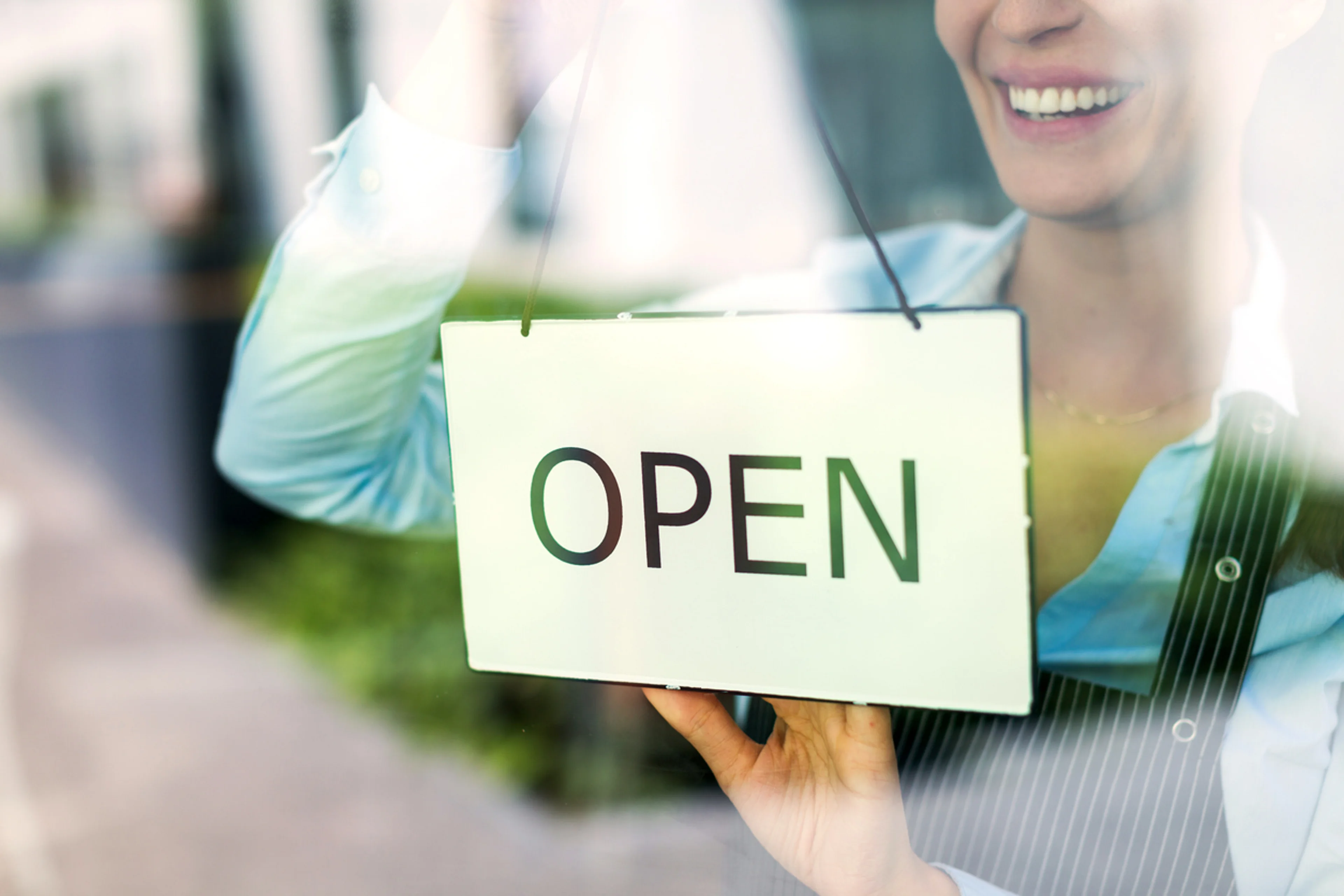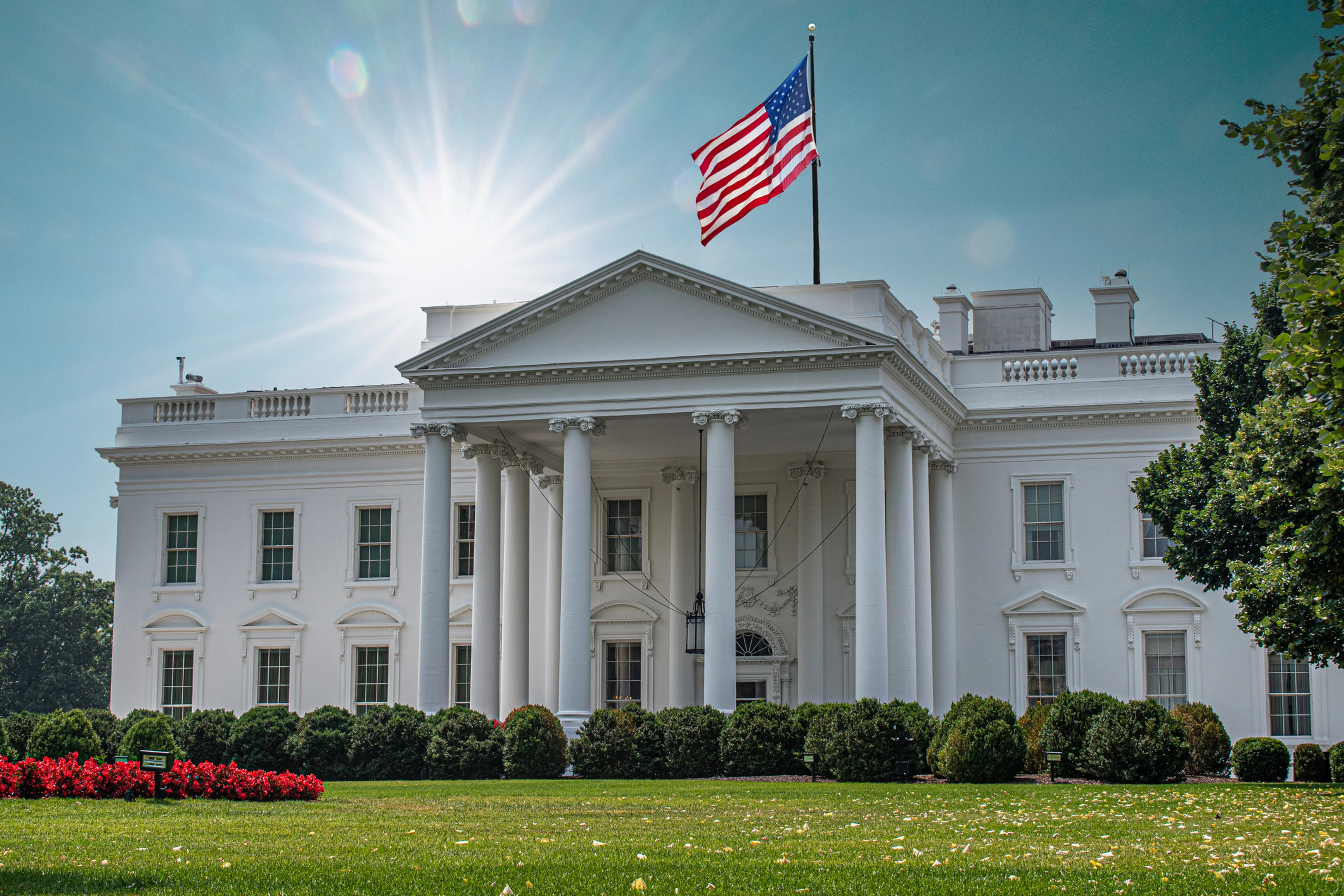
When Is an Independent Business Valuation Required for an SBA Loan?
A Small Business Administration (SBA) loan is a loan between a bank and small business owners providing a guarantee to the lenders for a portion of the money they lend to small business owners. This provides protection to the lenders by guaranteeing a portion of the loan amount if the small business owner were to default. SBA loans are designed to help small businesses obtain financing with favorable terms. In many cases, an independent business valuation by a qualified source is required for an SBA loan. According to the SBA’s Standard Operating Procedures, an independent business valuation is required if:
- The amount being financed (including any 7(a), 504, seller or other financing) minus the appraised value of real estate and/or equipment is greater than $250,000.
- There is a close relationship between the buyer and seller (for example, transactions between family members or business partners).
- The lender’s internal policies and procedures require an independent business valuation from a qualified source.
When a business valuation is required by the SBA, the business valuation must be prepared by a “qualified source.” A qualified source is an individual who regularly receives compensation for business valuations and is accredited by one of the following recognized organizations:
- Accredited Senior Appraiser (ASA) accredited through the American Society of Appraisers;
- Certified Business Appraiser (CBA) accredited through the Institute of Business Appraisers;
- Accredited in Business Valuation (ABV) accredited through the American Institute of Certified Public Accountants;
- Certified Valuation Analyst (CVA) accredited through the National Association of Certified Valuation Analysts;
- Business Certified Appraiser (BCA) accredited through the International Society of Business Appraisers.
When a business valuation is required for SBA lending purposes, there are additional requirements contained in the SBA’s standard operating produces, including:
- The business valuation must be requested by and prepared for the lender. The lender may not use a business valuation prepared for the applicant or the seller.
- The scope of work should identify whether the transaction is an asset purchase or stock purchase and be specific enough for the valuation analyst to know what’s included in the sale (including any assumed debt).
- The business valuation must include the valuation analyst’s opinion of value, qualifications and signature certifying to the information contained in the appraisal.
- The business valuation must be conducted in compliance with the current Uniform Standards of Professional Appraisal Practice (USPAP) guidelines. USPAP is the generally recognized ethical and performance standards for the appraisal profession in the Unites States.
SBA loans are a great way for small businesses to obtain financing. It is important that all the parties involved understand when an independent business valuation is required, who is qualified to prepare them and the specific guidelines valuation analysts must follow when preparing them.
About the Authors
Jason LeRoy and Ryan McKeon specialize in preparing business valuations for a variety of purposes, including SBA lending. The Valuation and Litigation Support team at Doeren Mayhew also provides forensic accounting services, marital dissolution consulting and expert witness testimony. Jason can be contacted directly at leroy@doeren.com or 248.244.3177, and Ryan can be reached at mckeon@doeren.com or 248.434.6327.


